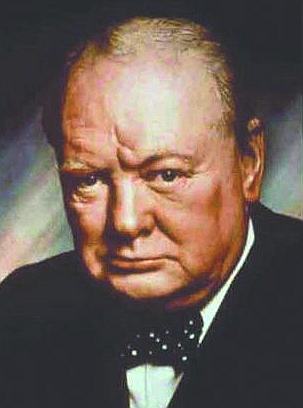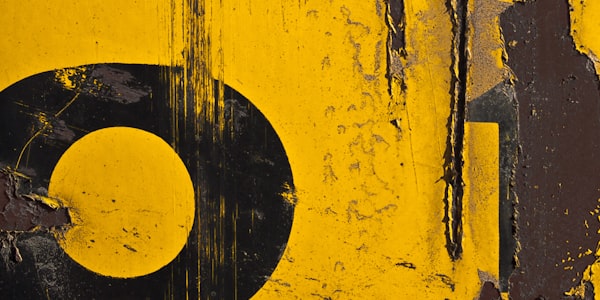As any history buff or post-modern winehack will tell you, what is important is not the facts per se but perceptions thereof. The damning-by-rumour of the first few decades of SA wine continues in the February edition of Horizons, in-flight magazine of the Comair franchise of BA. A gushy feature on 350 years of SA wine by Platter associate editor Tim James starts off by noting “within decades of that first tiny harvest, vineyards were scattered down the Peninsula and wine – perhaps not the finest – was soon also being made around the new settlement at Stellenbosch.” (My italics).
The puff CV for James in Horizons lists editing “the now dormant Grape magazine and website” as achievements. Indeed, the website has fallen strangely dormant (once again) right in the middle of an amusing argument between columnist Michael Fridjhon and Winston Churchill in the open space area.

I’ve been waiting for days for Winnie’s latest riposte to appear which he kindly bcc’d to me on Thursday. As the debate now seems to have moved on from organ grinders to monkeys sipping stale Sauvignon, I post Winnie’s wisdom below and invite Dr. James (a self-confessed “academic”, after all) to respond to the Ps. and include his sources for declaring 17th century SA vintages “perhaps not the finest” as my limited historical researches, coupled with the contemporaneous explosion of vineyard plantings, would seem to indicate the opposite.
Why should pre-phylloxera vines imported by Simon van der Stel (who owned vineyards in Holland from which he made wine and brandy) not make excellent wine in the Constantia Valley and Stellenbosch, two terroirs widely regarded as among the finest in SA today?
From WC on Thursday evening: May I request to know who asked Grape to “put the facts straight”? I find it highly unlikely that any reader of Grape would be so pedantic as actually going to the trouble of pointing out the details of how AVUSA and BDFM are interlinked as it serves no purpose in any of the arguments I put forward.
Unfortunately my WC quotes have now dried up unless somebody would be willing to declare war, as I would then be able to use quotes such as:
“I was only the servant of my country and had I, at any moment, failed to express her unflinching resolve to fight and conquer, I should at once have been rightly cast aside.”
Ps. I would still appreciate MF to share his sources of the tasting notes of the first few decades of Cape wine.
As to censoring Winston Churchill, editing comments on the Grape communal blog (which seem to be carefully selected and adjudicated by James) is one of the several structural problems of the site. The turn-around time can be days which wipes-out one of the main advantages of blogging – immediacy – while the presence of a big scissor sister with an agenda severely limits the rough and tumble of intellectual debate.



